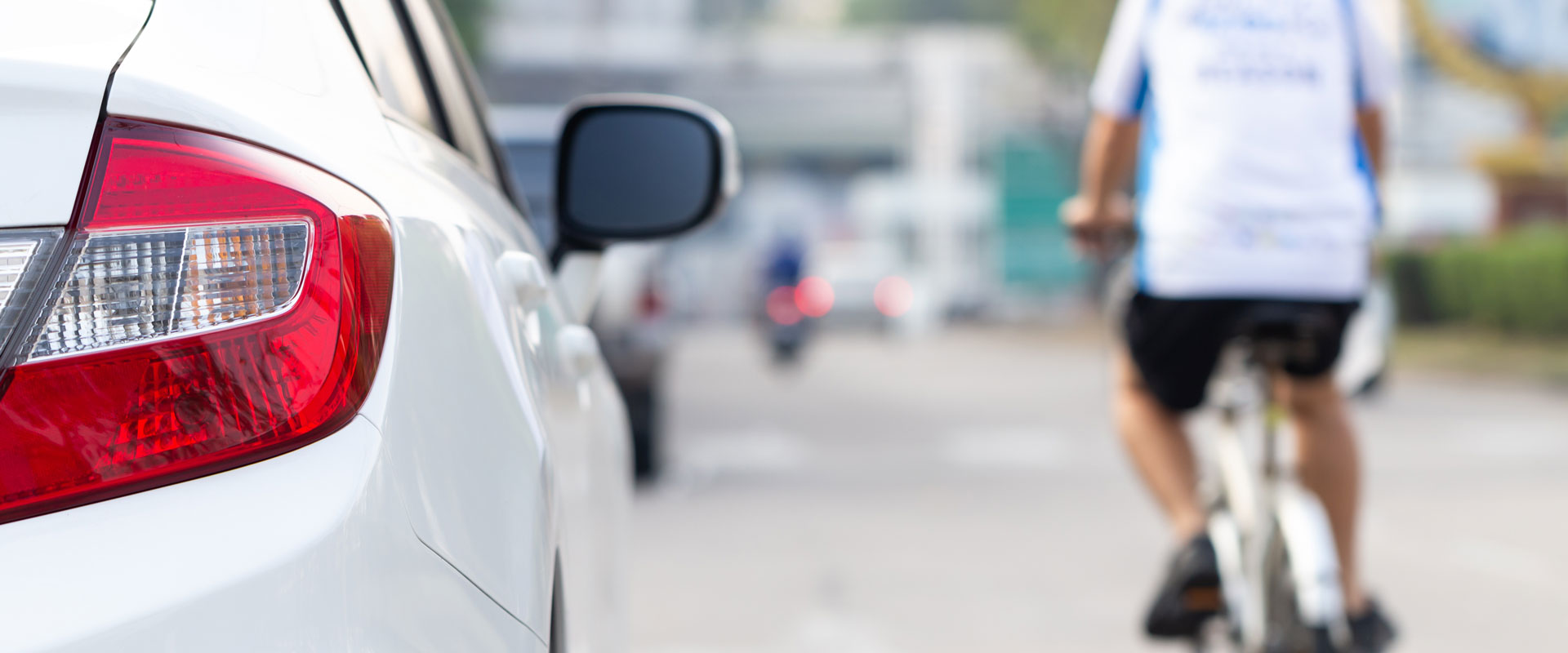Most urban development projects plan for reduced car traffic, with the ambition that the privately owned car will be replaced by various types of shared mobility services. The aim is partly reduced emissions, partly a more efficient use of land as the parking areas can become smaller. But despite a societal benefit, it has been difficult to find concepts that make the economy around a mobility house work.
The assumption within FlexGate is that a mobility house, in addition to offering mobility services and lockers for package delivery, which is common today, can be used for more functions, by more actors and over a longer period of time, from the start of construction to future renovations. It could, for example, be a center for construction logistics, recycling and charging infrastructure, but one could also imagine that it could be used as a venue for citizen dialogue, a showroom for property developers or sharing services or workshops for the residents. A mobility house also needs to be able to adapt to future automated transport systems with, for example, self-driving shuttles and delivery robots.
The FlexGate project has been granted funding for a six-month period from Vinnova via the strategic innovation program Drive Sweden. Johanneberg Science Park coordinates, but Lindholmen Science Park also has a driving role. Other partners contribute actively with knowledge and experience. Among these are public actors such as municipalities, parking and waste management as well as construction and property companies, energy companies, mobility suppliers and academia. The purpose is to, in a preliminary study, create the basis for future implementation projects in one or more of the region's planned urban development projects.
FlexGate
The Flexgate project is financed with SEK 500,000 by Vinnova, via Drive Sweden - theme areas: Community planning, Digital infrastructure and Business models. The project period is from 15 November 2022 to 30 June 2023. FlexGate is coordinated by Johanneberg Science Park and the other project partners are: : Lindholmen Science Park, MölnDala Fastighets AB, Mölndals Parkerings AB, PEAB Sverige AB, Landvetter Södra Utveckling AB, Framtiden Byggutveckling AB, HSB Göteborg ek för, Chalmers Tekniska Högskola AB, Göteborgs universitet, Riksbyggen ek för, Mölndal Energi AB, Renova Miljö AB, Hub Park AB, Svensk Bygglogistik AB, UnitParking Sweden AB, Hugo Delivery AB, Keolis Sverige AB, Göteborg Energi, Göteborgs Stad Trafikkontoret, Volvo Personvagnar AB och Protek Development Sweden AB.
![]()
![]()
For more information, contact:
Per Sunnergren, Senior project leader mobility
+46 70 645 70 42 per.sunnergren@johannebergsciencepark.com LinkedIn
